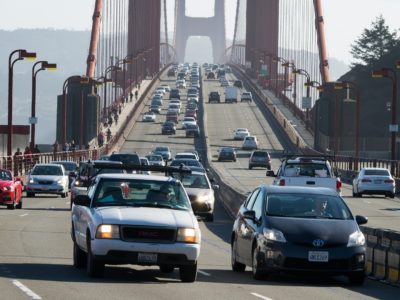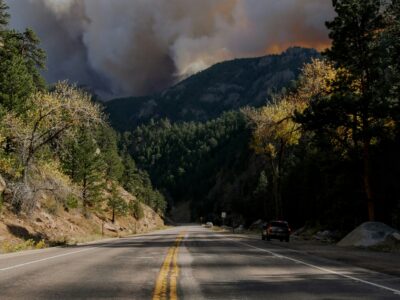The Public Power Option: Birch Rod or Risky Business?

The election season approaches, and first up in California is a June primary laden with important choices – not the least of which is a ballot measure sponsored by the Pacific Gas & Electric Company (PG&E) designed to make it harder for local governments to exercise the public power option. Referred to as Proposition 16, PG&E’s measure would require that local governments go before the voters and receive 2/3 support prior to creating or expanding a municipal utility, or before launching a community choice aggregation. The latter is a mechanism created by state law that allows local governments to buy power for their constituents on an opt-out basis.
Berkeley Law’s Center for Law, Energy & the Environment has just issued a white paper analyzing Prop 16. Berkeley Law JD student Harry Moren ’10 and I wrote it together.
Prop 16 rewrites the regulatory compact that has governed electric service for a century. Under the existing approach, investor-owned, regulated utilities provide much of the service, but local governments always have the option to step in to provide electricity if their citizens are not satisfied with regulated utility’s service or price. Franklin Roosevelt referred to public power as a “birch rod’ in the cupboard to be taken out and used only when the ‘child’ gets beyond the point where a mere scolding does no good.” Prop 16 would pretty much put the birch rod under lock and key, since it is unlikely that a local government can overcome the aggressive opposition of an incumbent utility company and gain the support of 2/3 of the voters.
Should an environmentalist care? It depends on how much faith you have in the ability of a public entity to do a better job than a regulated utility in providing renewable power and in making other environmental choices. Many would argue that environmental values are best expressed locally, and that public power entities can more effectively support those values. What is less disputable is that with the passage of Prop 16, PG&E and other regulated utilities will feel a bit less pressure to remain the most attractive option – from the standpoint of price, service, and environmental stewardship.
Reader Comments
One Reply to “The Public Power Option: Birch Rod or Risky Business?”
Comments are closed.






How does it currently work the other way round–can a community or an individual ‘opt out’ of municipal service and go with a private utility?
LADWP–at least the leadership–has talked a lot about green power, but the state’s public utilities are the big importers of coal-fired power in CA. Roughly half their electricity comes from old, out-of-state coal plants vs 16% state-wide. Getting the DWP to change seems like pulling teeth; the pols, the bureaucracy, the unions and the rate payers all have an agenda. Perhaps there is more than one use for that birch rod.
PS–I’m voting no on 16.